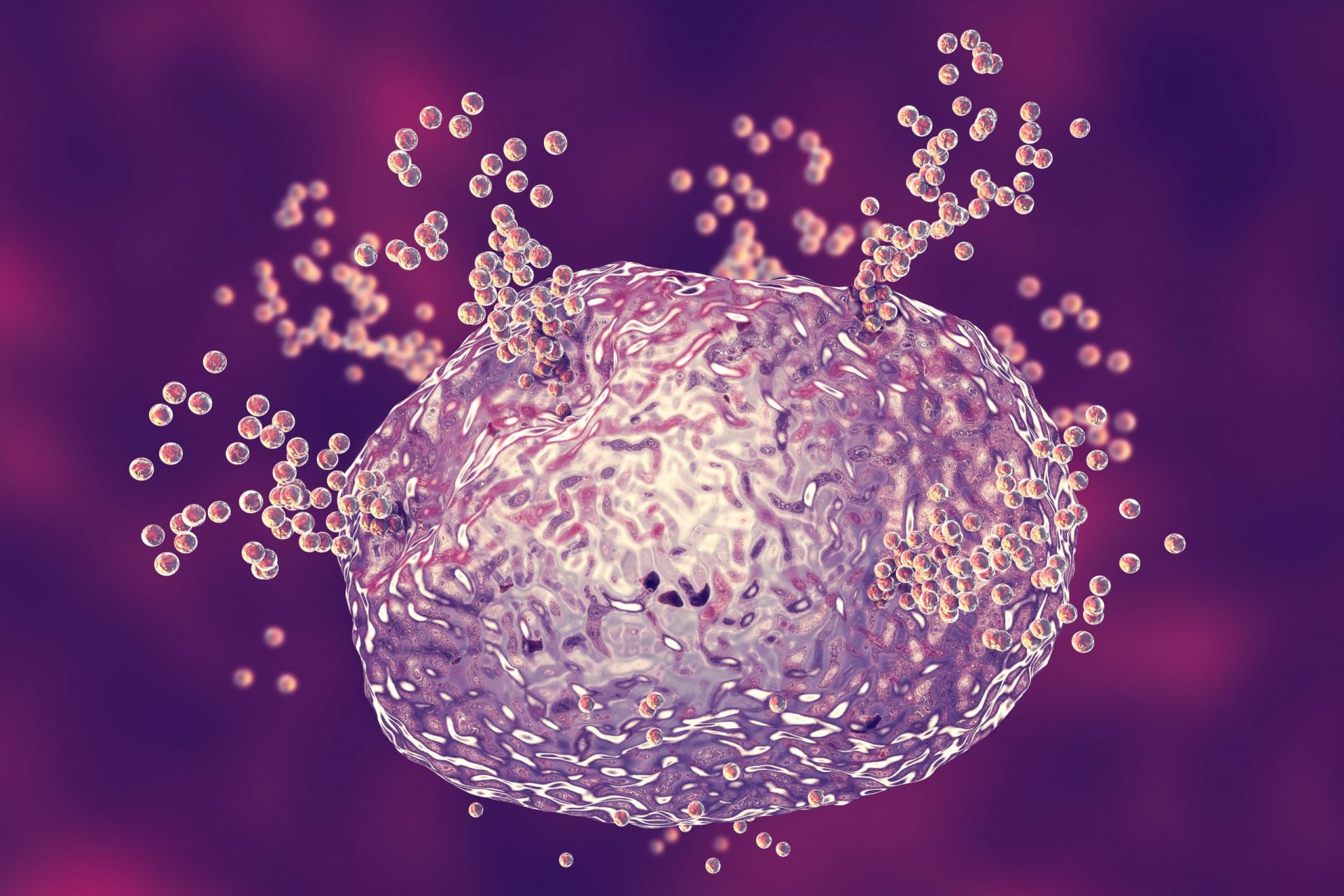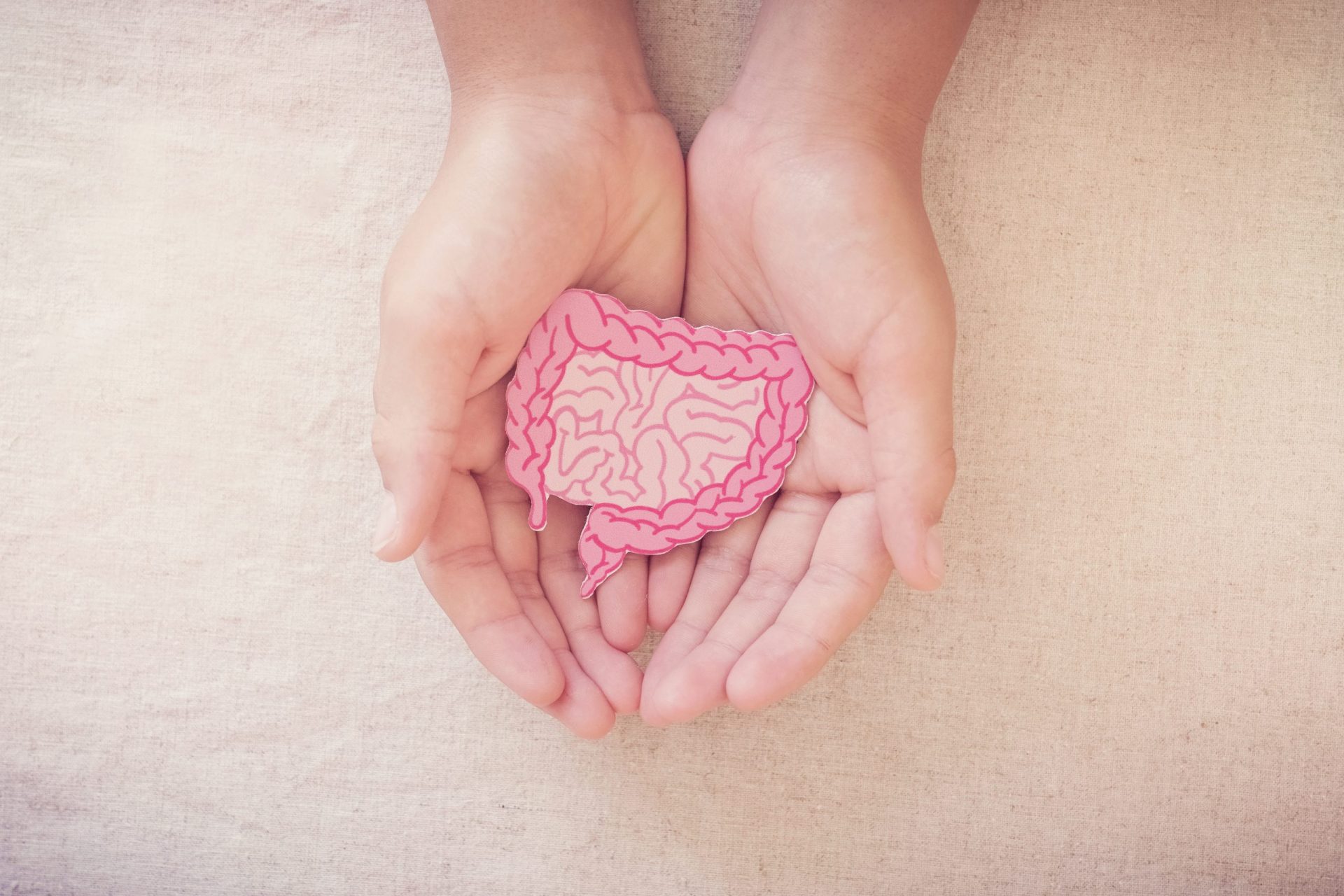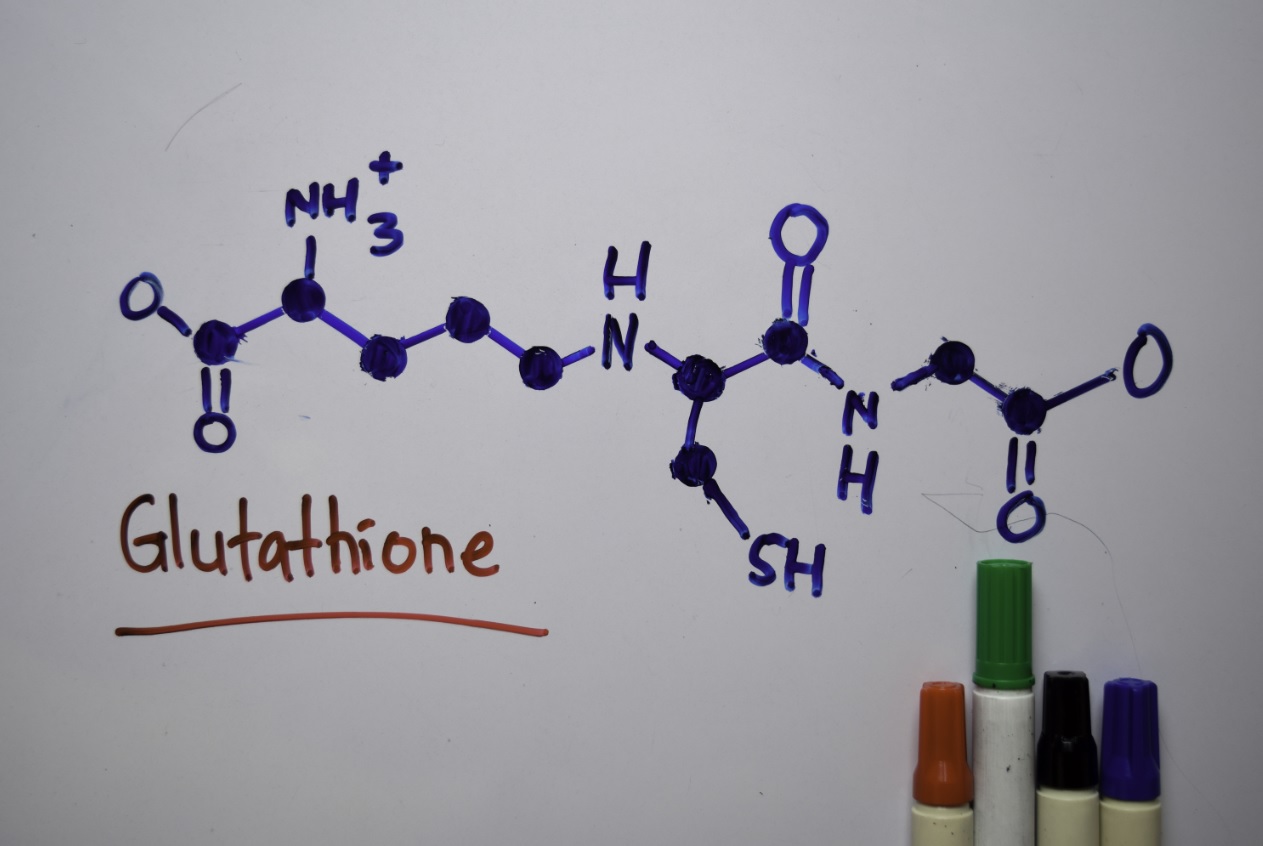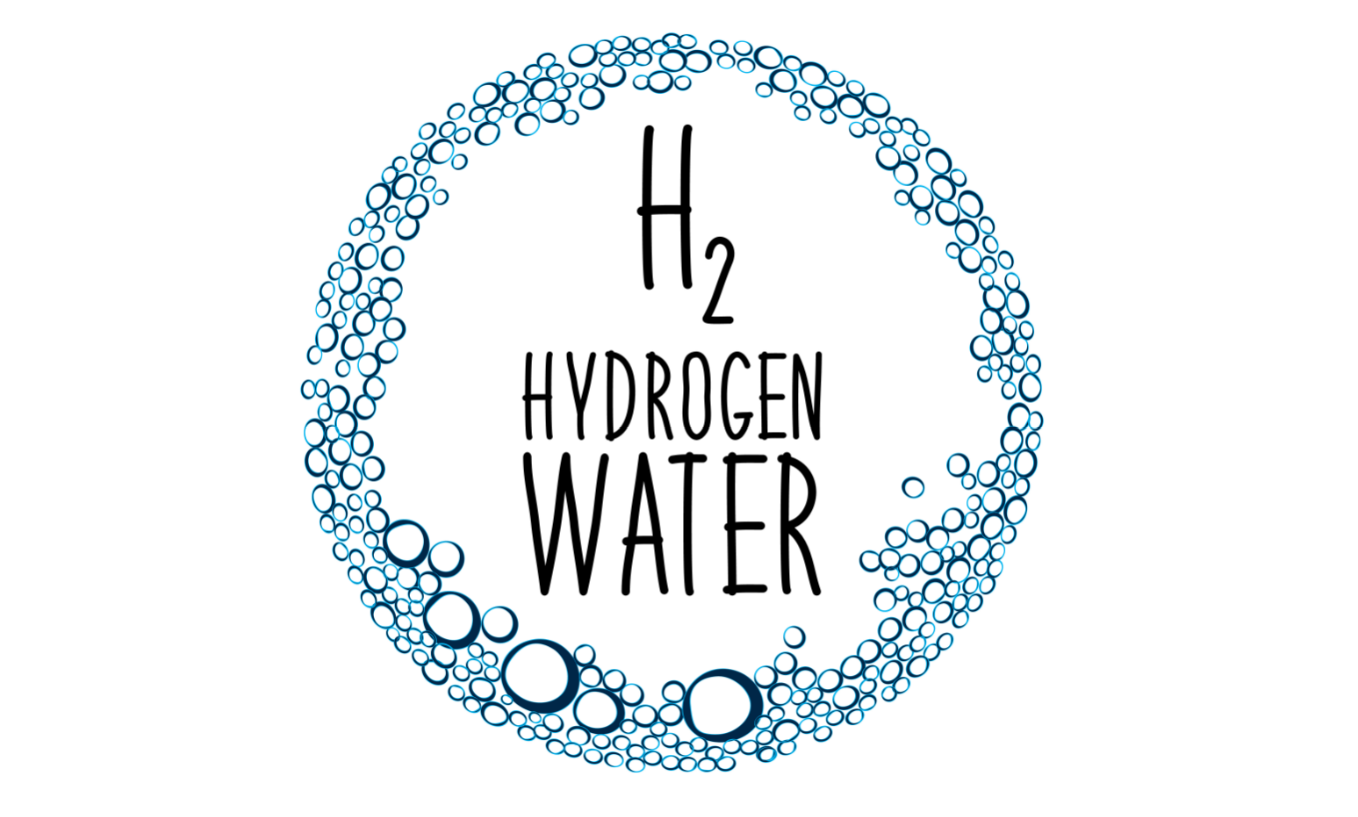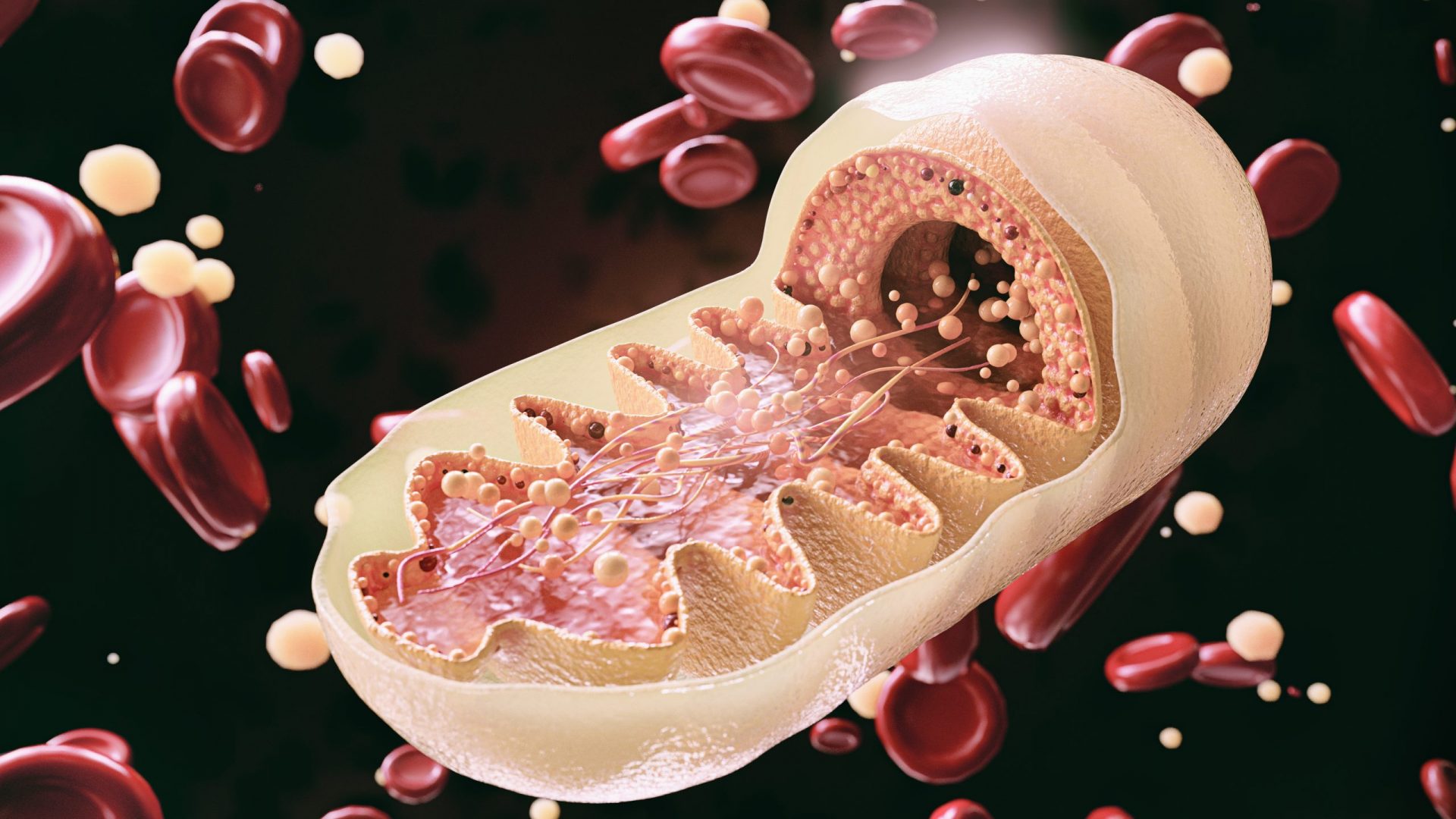
Fatigue is one of the most common symptoms seen in primary care. Symptoms of fatigue can be acute during illness, or chronic, lasting months to years. The important thing with fatigue is to uncover the biological cause of the disease. One of the primary causes of fatigue is mitochondrial dysfunction.

